iXora Solution Ltd.
Software | Productivity | Growth
Software | Productivity | Growth
On-demand Remote Extended Software Development Teams
iXora Solution is a custom offshore software development company with the sole purpose of providing quality software to its clients. Our processes and operations revolve around the Agile Methodology cycle, and we implement the best practices for our teams who work remotely to fulfill all client demands, no matter how niche.
A dedicated remote tech team is a group of individuals who work together on a project or task from remote locations. The team members communicate and collaborate through various digital channels. Remote teams are a core part of our services.
Online extended teams are a core part of our Staff Augmentation services. Staff augmentation allows you to utilize our development teams and have them act as an extension of your in-house tech team. Outsourcing agile software development services such as ours can help you stay competitive and lean.
In certain cases, our teams are also equipped and prepared to travel to project locations to bring out the best possible output for our clients.
While there are some drawbacks to working with external development teams and offshore software development, we believe that effective management can lead to success for projects. We regularly practice and finetune our communication methods, so it ultimately leads to excellent remote collaboration with our clients from across the world.
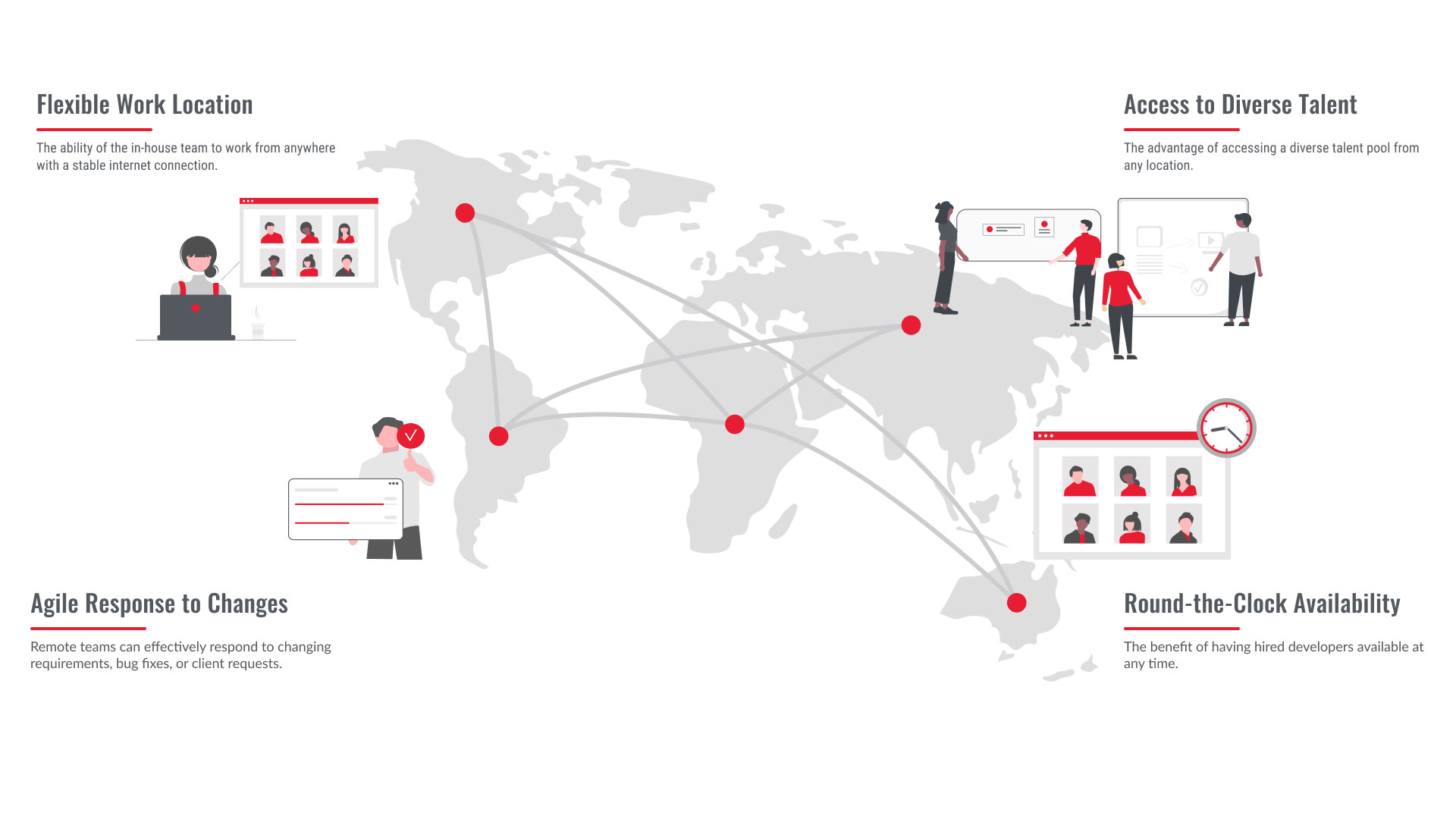
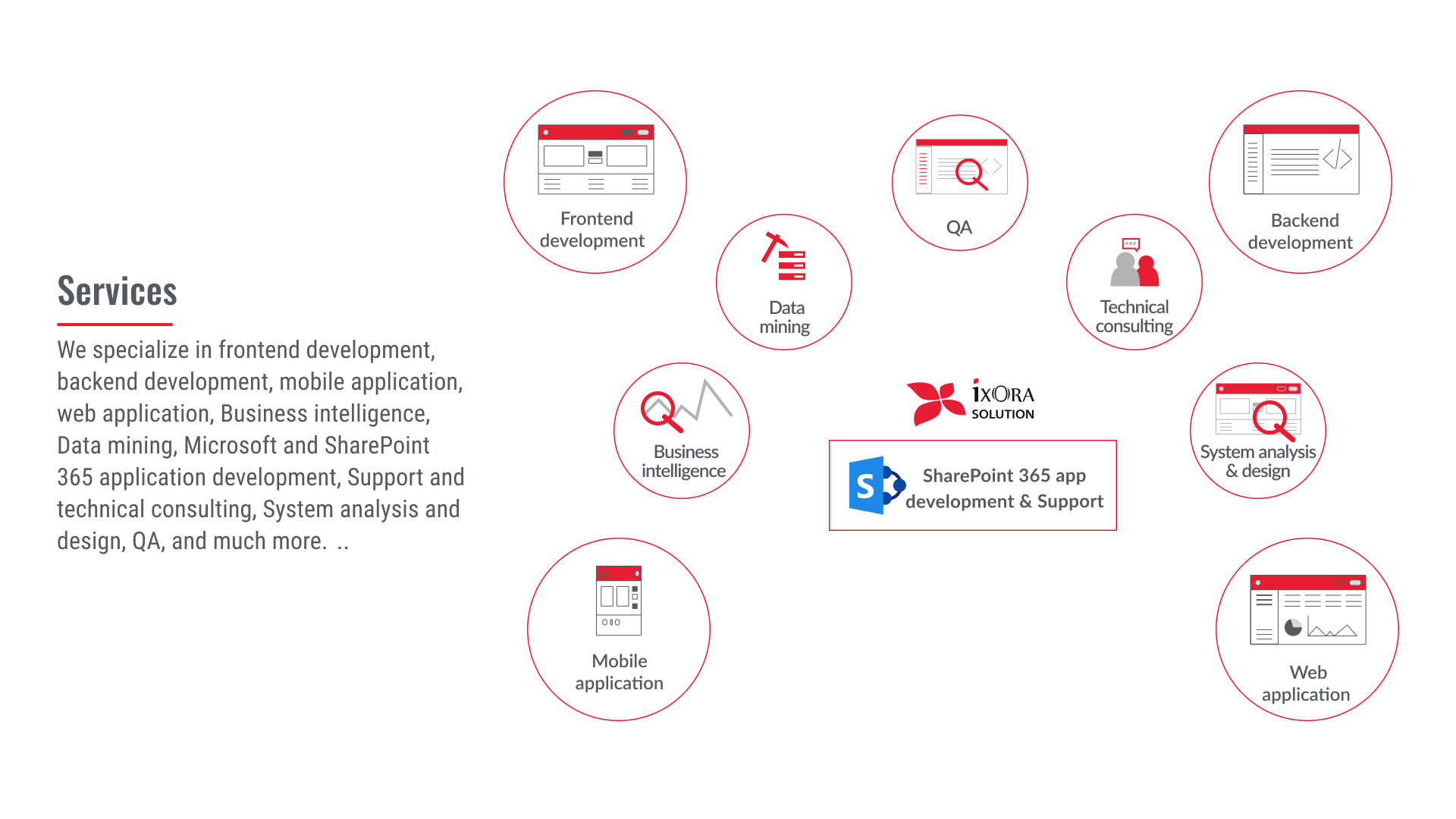
Onboarding our remote tech team is also easy and efficient. We provide in-house training for all our developers and cover various topics and practices that allow them to quickly adapt to the company culture, working model, and management style of the client company.
Our development teams make sure they are interactive, engaged, and connected not only with each other but with members of your company as well.
The coronavirus pandemic has significantly affected and continues to impact our global economy, including the labor market. As businesses and organizations continue to adapt to the post-pandemic world, the tech industry has emerged as a key driver of economic growth.
In particular, the online tech labor market has seen significant growth, with many companies shifting to online work and remote collaboration.
This growth is still being observed today, with a large percentage of remote workers joining the online tech labor workforce. As the work dynamics shift from traditional office settings into more flexible, remote settings, companies also make shifts in their hiring patterns.
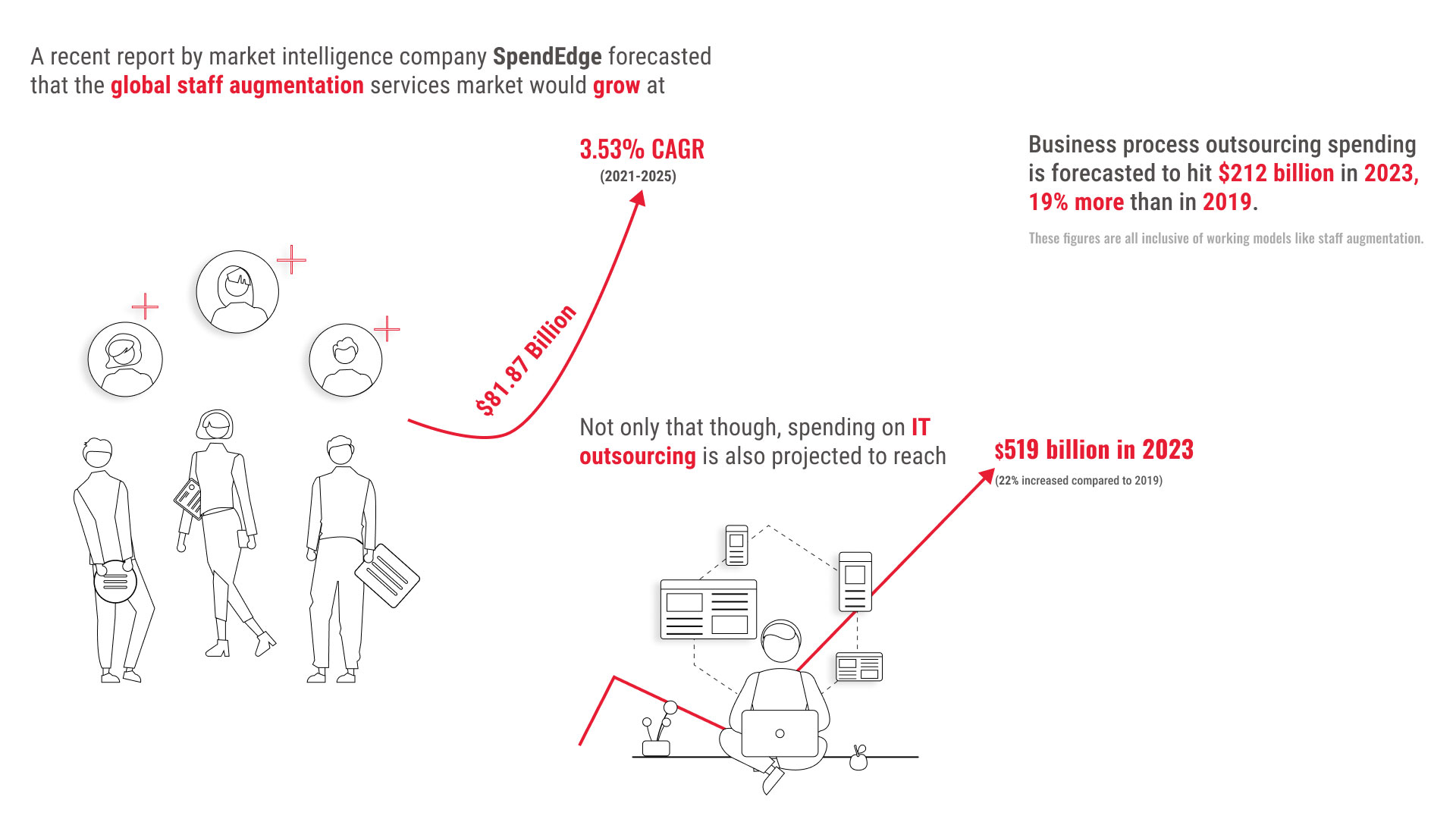
The software development lifecycle (SDLC) is the process of designing, creating, and maintaining software applications. The SDLC consists of several stages, each with its own unique goals, methods, and deliverables. These stages also vary based on the working model you implement. In our case, we implement an agile system within our software development processes.
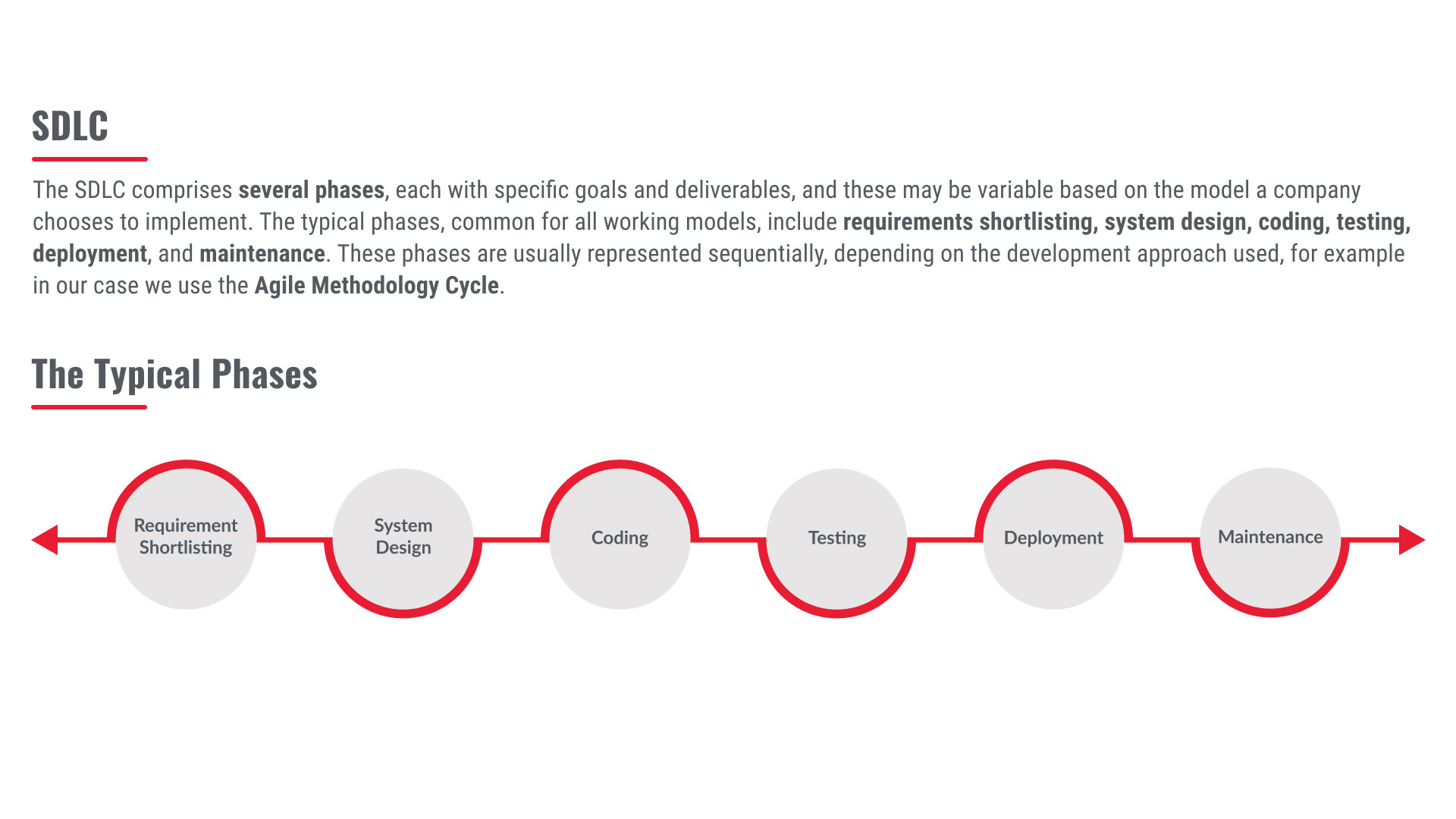
At iXora Solution, we have a distributed team of software developers, designers, marketers, and project managers who work together seamlessly on various projects. As dedicated remote teams, we sometimes face unique communication, collaboration, and teamwork challenges. To address these challenges, we have implemented several team-building strategies to help us work together effectively and build a strong team culture with each other and our clients.
One of the key virtual team-building strategies we use is regular virtual meetings. We use video conferencing tools to meet as a team on a regular basis, including scrums, daily meetings, monthly town hall meetings, and much more, which allow us to stay connected, share updates, and collaborate on projects.
Another team-building strategy we frequently use is online collaboration tools. We use tools like myTask2do, Jira, Microsoft Teams, and Skype to collaborate on projects, share ideas, and provide feedback to clients. This tool helps us work together more efficiently and effectively, and they also promote a sense of team unity and shared ownership of our work.
In addition to virtual meetings and collaboration tools, we also organize team-building activities. For example, we have games and activities in all our office trips and retreats and even organize workshops that have the core intent of building remote team collaboration.
Team collaboration is an integral part of agile model and the software development life cycle. A part of this is scrum. Scrum is a heuristic framework that is based on lean thinking and empiricism, a practice closely connected to the agile strategy. These small parts of our everyday processes help us maintain cohesion and bonding over external teams as well as clear communication.
When it comes to team performance management and monitoring, we promote full transparency and trust with clients. Through different tools and apps, you can keep tabs on the project development and progress while also conveying noteworthy points to the project managers.
We understand that maintaining security with remote extended teams can be a challenge, as there are often more vulnerabilities and risks associated with online work. To address these challenges, our company has implemented a few security measures to protect our systems and your data.
The first step we take to maintain security with our teams is to ensure that all team members are using secure devices and networks.
We use encrypted communication channels (such as SSL/TLS) to ensure that data sent between team members and servers is protected from interception. We ensure all your personal information and data are always kept secure and private. For more information, you can read our Privacy Policy.
At our company, we utilize Agile processes because it enables us to deliver high-quality software that meets the changing needs of our clients. By focusing on collaboration, communication, and flexibility, we are able to work closely with our clients to understand their needs and deliver solutions that meet those needs.
When it comes to remote tech teams, there are certain aspects of the Agile framework that really come into play for our success and remarkable performance. The collaborative nature of this model helps keep our development teams in constant communication with our clients and with each other.
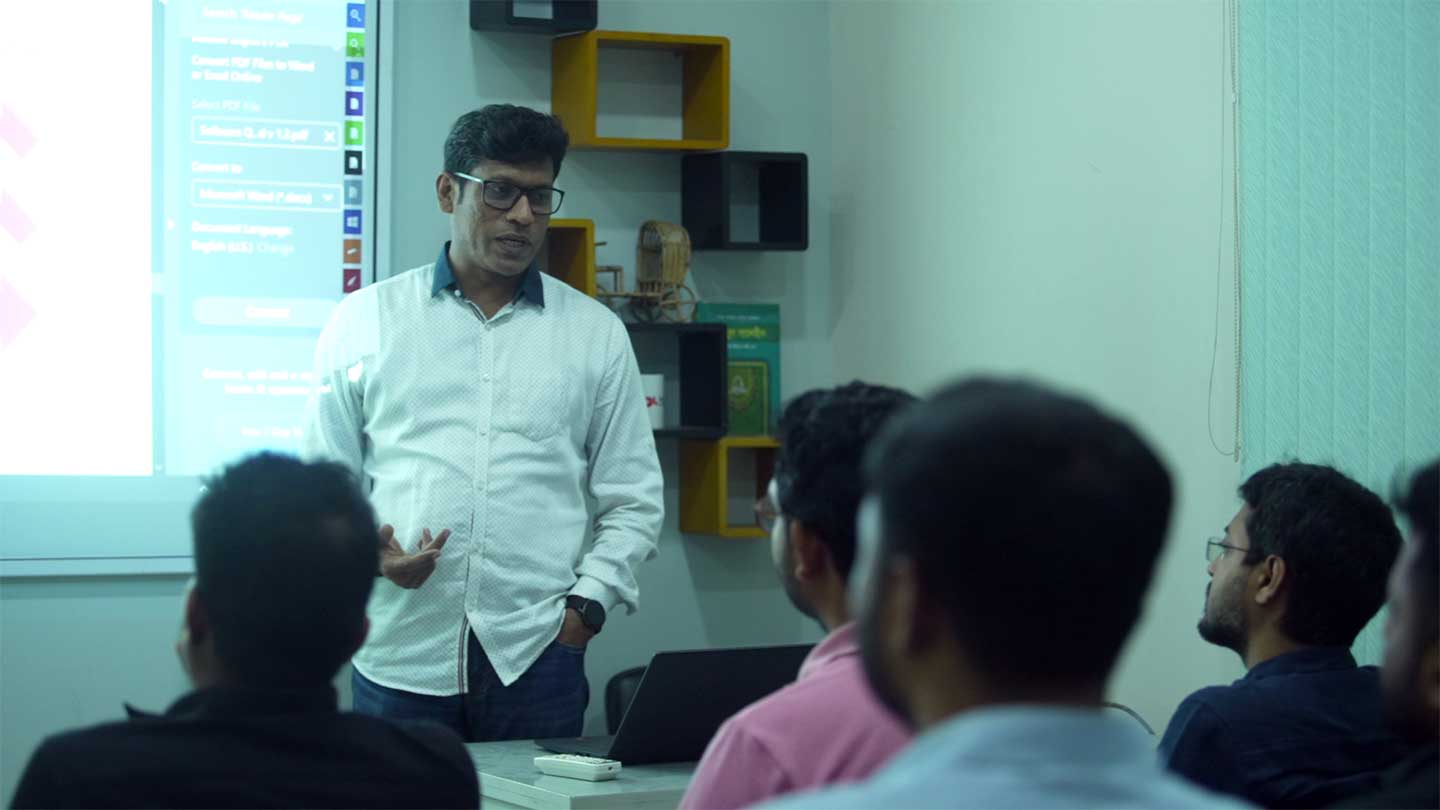
An important aspect of managing development teams in accordance with the Agile process is to establish a shared understanding of the project goals and priorities. We use techniques like user stories, sprint planning, and regular scrums to ensure that everyone on the team has a clear understanding of what needs to be done and by what timeframe. We also establish a clear definition of done, so that everyone on the team knows what constitutes a completed task or project.
Another core part of our processes is mastering the art of asking questions. The art of asking questions refers to the ability to ask questions that are thought-provoking, insightful, and effective in eliciting information or ideas from others.
We believe that asking the right questions can help uncover issues or misunderstandings early on before they become major issues. By asking clients about their concerns, feedback, and preferences, we can address any problems promptly and ensure that we are meeting their requirements.
Our software engineers act as your extended tech team. To better understand our processes and how we work, you can check out our Process page. You can also see our company profile on GoodFirms, Zoominfo, Crunchbase, DesignRush, The Manifest, or even Clutch to get acquainted with our company.
To keep updated with us and what we’re up to you, you can also check out our LinkedIn. We not only post thought-provoking tech content but also interact regularly with our audiences. So, if you have any queries or concerns, you can reach out to us through that as well!
We use tools like myTask2do, Jira, Skype and Microsoft Teams to collaborate on projects, share ideas, and provide feedback to clients. This tool helps us work together more efficiently and effectively, and they also promote a sense of team unity and shared ownership of our work.
We promote full transparency and communication with clients. Through our own tools like myTask2do or through other modes of communication, you can keep tabs on the project development and progress while also conveying noteworthy points to the project managers.
Before getting into the final agreement, you can test the skill sets and technological expertise of our engineers and developers. You can read this article to know more about this process.